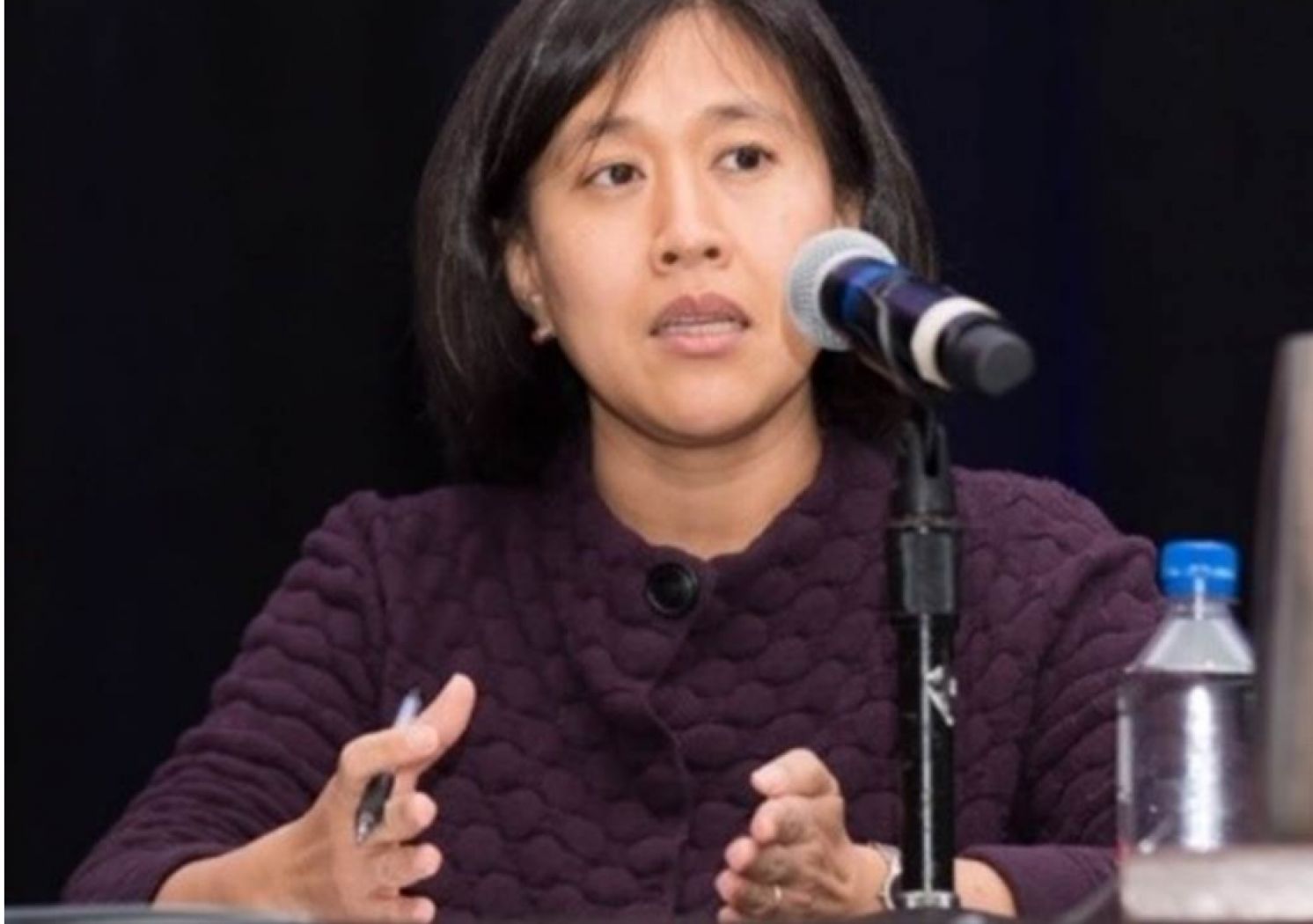
This Week in Taiwan 1206-1212
December 7: The Central Bank has announced the strictest housing credit controls in a decade. From now on, companies are limited to a loan limit of 60 percent and individuals 60 percent beginning with the third housing mortgage. Furthermore, mortgages for purchasing land and residual units of real estate developers will be capped at 50 percent. The policies hope to release available housing to the market from developers, reduce hoarding, increase supply, and guide the rationalization of housing prices.
December 8: The vote results of Taiwan's 2020 representative word was announced. The Chinese word "yi" (meaning epidemic) was selected as the representative word for the year.
December 8: Taiwan saw its first mainland Chinese confirmed case of coronaivrus (COVID-19) in 10 months. A Taiwanese businessman from Zhejiang in his 50s (case 719) presented a negative test report prepared within three days of entering Taiwan but was confirmed positive on the 12th day of home quarantine. The possibility of infection while staying at the epidemic prevention hotel is not excluded. The virus is currently being cultivated to confirm the source of infection.
December 9: The United States Department of Defense announced that the Department of State has approved the sale of the Field Information and Communication System (FICS) to Taiwan for $280 million and notified Congress. The sale is expected to take effect in a month. This is the 11th U.S. arms sale to Taiwan since President Donald Trump took office in 2017. The system will enable Taiwan's military to ensure smooth communication during wartime and can be used in disaster relief during times of peace.
December 12: CtiTV News, a television news station which has been established for 26 years, was ordered to shut down by the government. The news station immediately transferred its content to the Internet and actively called upon viewers to subscribe to the CtiTV YouTube channel. As of December 13, the channel reached more than 2 million subscribers. Chairman Tsai Eng-meng of Want Want China, the parent company, stated that court denial of CtiTV's request for provisional disposition shows that the judiciary as a final safeguard of justice has been broken. He feels very sad and disappointed.
December 12: Secretary-General Koo Li-hsiung of the National Security Council and his wife, Minister of Economic Affairs Wang Mei-hua, were involved in a traffic accident on Yangmingshan's Yangde Boulevard in Taipei on the evening of December 10. The accident exposed their private meeting with Japan-Taiwan Exchange Association Chief Representative Hiroyasu Izumi. Wang confirmed the meeting during a Legislative Yuan inquiry but said that the issue of easing Taiwan's ban on food products from Fukushima and neighboring prefectures affected by the 2011 nuclear disaster was not discussed at all during the meeting process.
In an interview on December 12, President Tsai Ing-wen stated for the first time that Representative to Japan Frank Hsieh had met her recently to express Japan's concern about when Taiwan will import food from Fukushima.
December 12: The Office of President-Elect Joe Biden announced that Katherine Tai, a seasoned expert on international trade, would be nominated as United States Trade Representative. She would be the first woman and Asian American to serve in this position. When announcing his intent to nominate Tai, a daughter of Taiwanese immigrants, Biden stated that her critical policy priority would be to combat China's unfair trade practices.